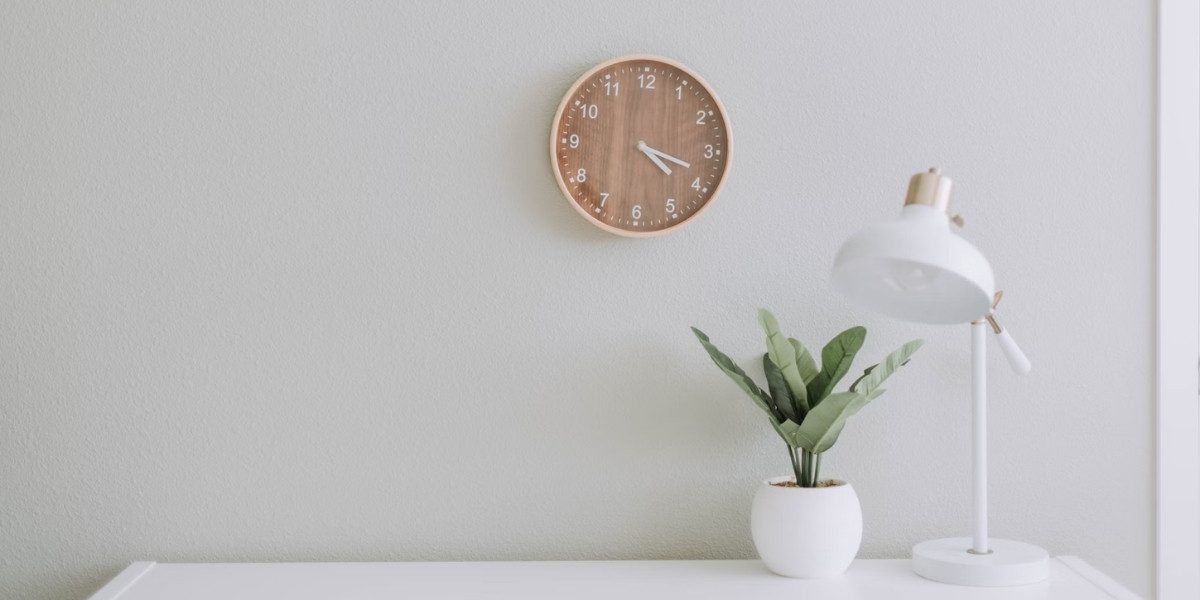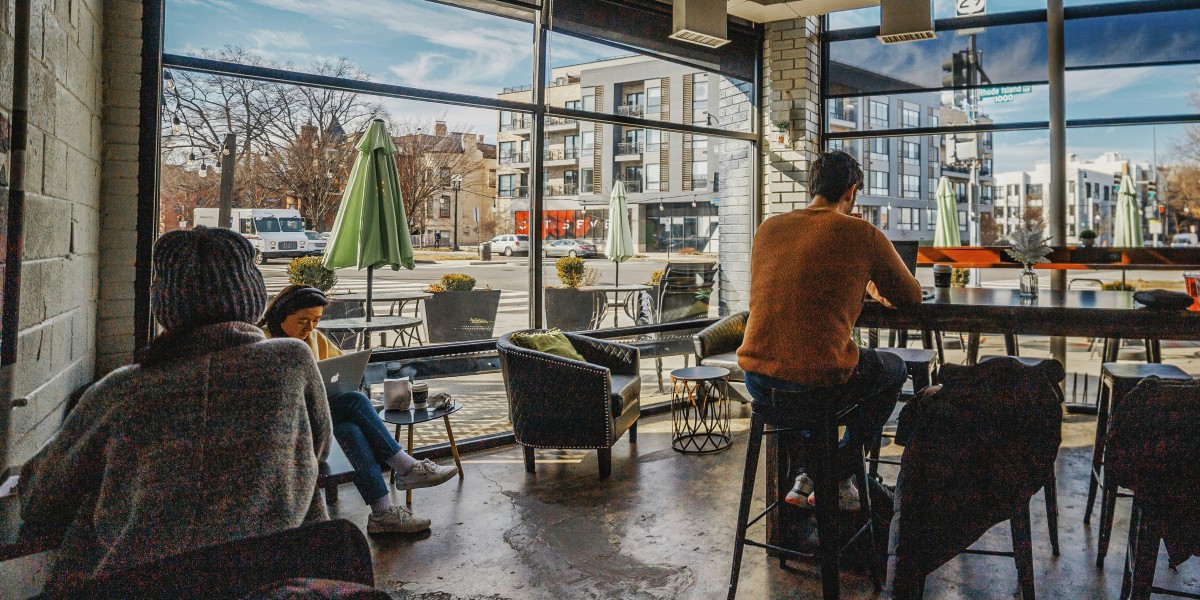Why Is Minimalism More Than Just a Trend?
Many people associate minimalism with clean spaces and neutral colors, but its impact goes far beyond aesthetics. It is a lifestyle centered on intentional living, reducing clutter, and prioritizing what truly matters.
With the constant demands of modern life, many find themselves overwhelmed by material possessions, digital distractions, and mental clutter. Minimalism offers a path to clarity, helping individuals create a space and mindset free from unnecessary stress. By choosing simplicity, many experience a renewed sense of freedom, better focus, and greater peace of mind.
How Does Minimalism Improve Mental Well-Being?
A cluttered environment often reflects a cluttered mind. When physical space is crowded with unnecessary items, it can increase stress, anxiety, and decision fatigue. Minimalism creates an opportunity to remove distractions and make room for things that bring true value.
Simplifying personal spaces encourages a sense of calm and control. Studies suggest that reducing clutter leads to lower cortisol levels, improved concentration, and enhanced emotional well-being. A clean and organized environment naturally fosters productivity, creativity, and relaxation.
By embracing minimalism, people also break free from the habit of accumulating unnecessary possessions. Instead of constantly chasing new purchases, they focus on experiences, relationships, and personal growth. This shift often leads to greater contentment and a more fulfilling life.
What Are the Key Principles of Minimalism?
Minimalism is not about getting rid of everything—it is about being intentional. The goal is to keep only what adds value and eliminate what does not.
Decluttering with Purpose
Removing excess items does not mean getting rid of everything. It means making thoughtful choices about what stays and what goes. Keeping only items that are useful, beautiful, or meaningful ensures that every possession has a purpose.
Quality Over Quantity
Minimalism encourages choosing fewer but higher-quality items. Instead of buying multiple inexpensive products that wear out quickly, investing in well-made essentials leads to a more sustainable and satisfying lifestyle.
Mindful Consumption
Breaking the cycle of impulse buying is a key aspect of minimalism. Before making a purchase, asking whether an item is truly needed helps prevent unnecessary accumulation. By consuming more mindfully, people save money and reduce environmental waste.
Prioritizing Experiences Over Possessions
Many find that happiness does not come from owning more but from meaningful experiences. Traveling, spending time with loved ones, and engaging in hobbies often provide long-term joy and fulfillment that material items cannot.
How Can Minimalism Be Applied at Home?
A minimalist home is not about bare walls and empty shelves—it is about creating a space that feels open, peaceful, and functional.
Simplifying Living Spaces
Rooms filled with too much furniture or decorations can feel overwhelming. Keeping only essential and meaningful items creates an environment that promotes relaxation. Choosing neutral tones, natural light, and simple decor helps enhance this sense of calm.
Organizing with Purpose
Minimalism does not mean sacrificing convenience. Using smart storage solutions, like hidden compartments and multi-purpose furniture, keeps necessary items accessible without cluttering the space. Keeping countertops and surfaces clear also contributes to a tidy, stress-free atmosphere.
Letting Go of Unused Items
Items that serve no real purpose take up space both physically and mentally. Clothes that no longer fit, duplicate kitchen gadgets, and forgotten books can be donated or recycled. Letting go of excess frees up space for what truly matters.
How Can Minimalism Extend Beyond the Home?
Minimalism is not just about possessions—it is a mindset that applies to different aspects of life.
Digital Minimalism
Constant notifications, excessive screen time, and overflowing inboxes create mental clutter. Simplifying digital spaces by unsubscribing from unnecessary emails, deleting unused apps, and setting screen time limits allows for better focus and relaxation.
Financial Minimalism
Mindful spending reduces financial stress. Prioritizing needs over wants, cutting out unnecessary expenses, and avoiding impulse purchases lead to better financial stability. Many who embrace minimalism find themselves saving more and worrying less.
Emotional Minimalism
Relationships and commitments should also be intentional. Letting go of toxic relationships, setting boundaries, and focusing on meaningful connections contribute to emotional well-being. Simplifying obligations leads to more time for self-care and personal growth.
Why Is Minimalism a Path to Freedom?
Minimalism is not about restrictions—it is about liberation. By removing excess, people gain more time, energy, and focus for what truly matters.
A minimalist lifestyle is different for everyone. Some may find joy in downsizing their homes, while others focus on simplifying their schedules. The common goal is to eliminate distractions and create space for intentional living.
The power of minimalism lies in its ability to bring clarity, peace, and fulfillment. Instead of being weighed down by possessions and obligations, people experience the freedom to focus on personal happiness and purpose.








